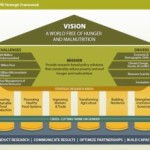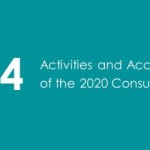Pastoralists in the Horn of Africa face five big challenges to their resilience:
- They are losing land to farmers, irrigation, tourism, and land investments by outside investors.
- Conflict and violence have disrupted livelihoods and markets and increased vulnerability during drought.
- Population growth has put heavy pressure on land resources.
- Among pastoralists, there are large differences in income and wealth—a situation that complicates the design of policy solutions.
- Climate change and extreme weather events have major impacts on livelihoods.
In the 2020 conference brief Pastoralism and Resilience South of the Sahara, authors Peter D. Little and John G. McPeak point out that in spite of these challenges, it is important to think about what a resilient pastoralist system—with reduced poverty, improved living standards, and reduced vulnerability—would look like now and in the future. They identify several development initiatives could help pastoralist households plan for, cope with, and recover from shocks:
- Drought cycle management, involving, for example, emergency provision of livestock feed.
- Index-based livestock insurance, in which insurance payouts to pastoralists are based on the condition of rangeland in a region.
- Safety net programs using cash or food transfers to help prevent households from falling into poverty and to pull people out of poverty.
- Asset and livelihood diversification programs to help guide pastoralists to productive ways of accessing the cash economy.





